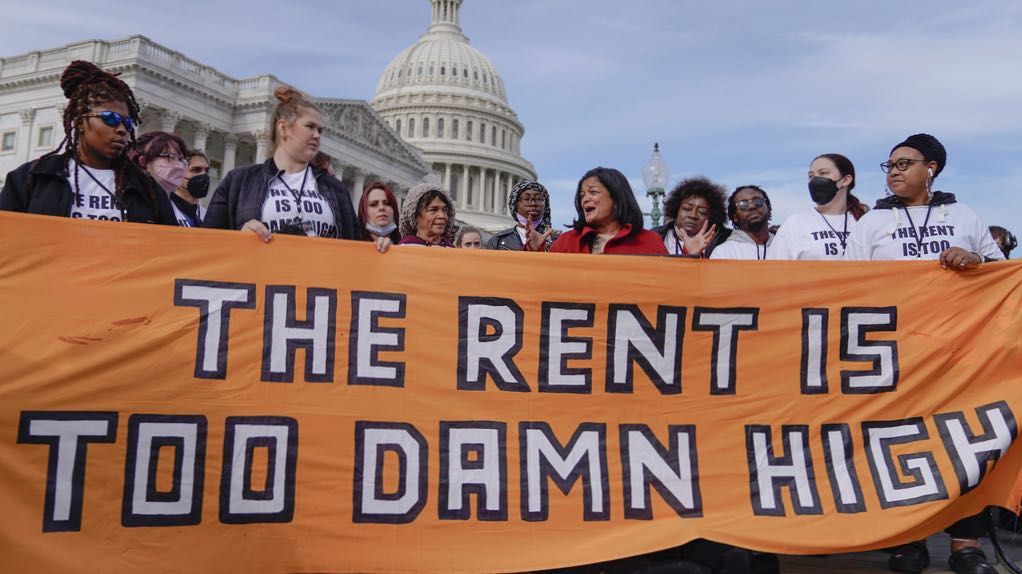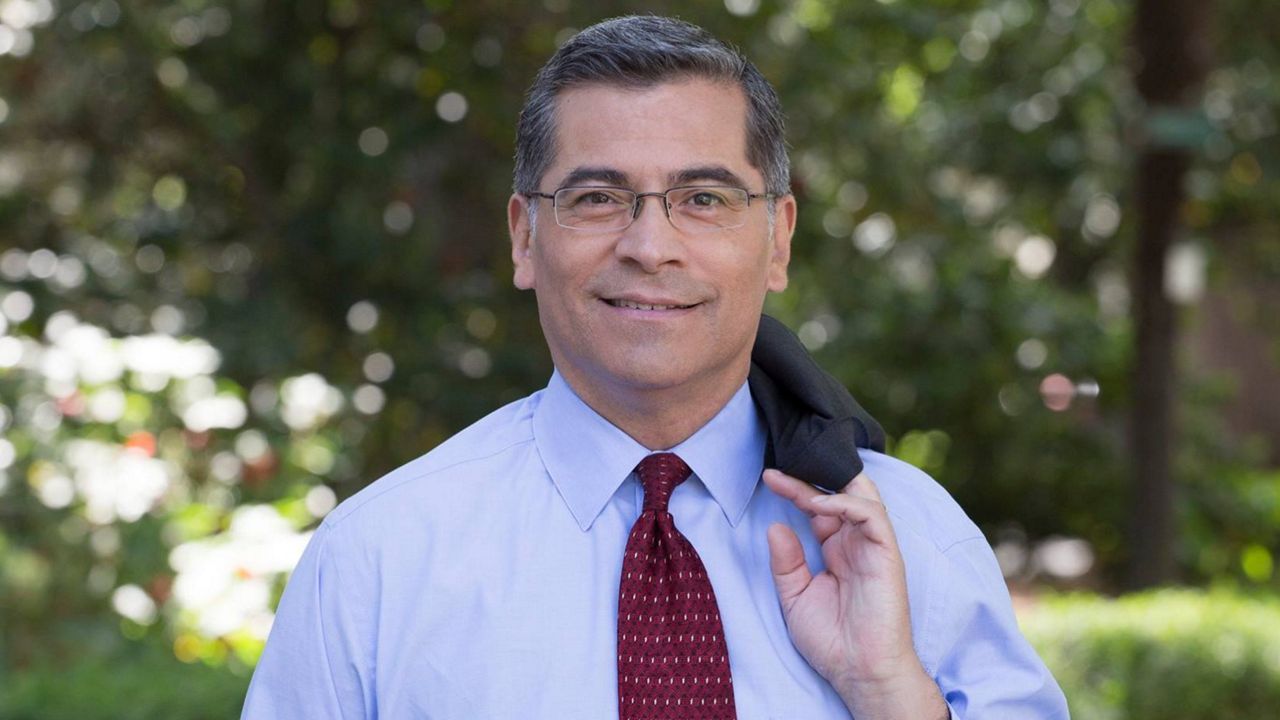The Congressional Progressive Caucus has released its Progressive Proposition Agenda, a domestic policy document with goals of "lifting up poor and working people" — increasing wages and lowering costs, addressing inequality in economic, educational and political systems; addressing climate change; and expanding rights and freedoms.
The plan seems ready to build interest in, and take and advantage of, Democratic energy for the campaign to reelect President Joe Biden.
"With the Progressive Proposition Agenda, Democrats in Congress can meet the urgent needs people are facing, rewrite the rules to ensure majorities of this country are no longer barred from the American promise of equality, justice, and economic opportunity, and motivate people with a vision of progressive governance under Democratic majorities in the House and Senate and a Democratic White House,” Rep. Pramila Jayapal, D-Wash., Chair of the Congressional Progressive Caucus, said in a statement.
The caucus’s agenda is built with seven pillars: Lowering the cost of living; improving wages and worker power; advancing justice; combating climate change; strengthening democracy; reducing corporate power; and strengthening public education.
The Progressive Proposition agenda appears to have a lot in common with Biden’s own agenda, just with the volume turned up. Biden and the Progressive Caucus are in agreement on a few key points, including pitches to increase the minimum tax on billionaires, repealing the Trump-era corporate tax cuts and increasing stock buyback taxes; they agree on canceling student debt, on reforming policing, codifying Roe v. Wade; on expanding Medicare, capping prescription drug prices, limiting child care costs to a portion of a family’s income and providing free universal care for early childhood education; and putting stricter regulations on vehicle emissions.
The full Progressive Caucus agenda goes deeper, detailing top-level plans for affordable housing, advocating for ranked-choice voting and killing partisan gerrymandering. It details a raft of plans for improving worker power, unionization and boosting wages — and, by turn, seeking to break up corporate monopolies; reforming the federal judiciary, including an expansion of the U.S. Supreme Court; and establishing statehood for Washington, D.C., and offering political self-determination to the territory of Puerto Rico.
Though their agenda doesn’t necessarily hinge on Democratic control of the White House and both chambers of Congress, Jayapal’s statement indicates a clear belief that a federal trifecta of control would be the best way to get most of this agenda across the finish line and to Biden’s desk.








